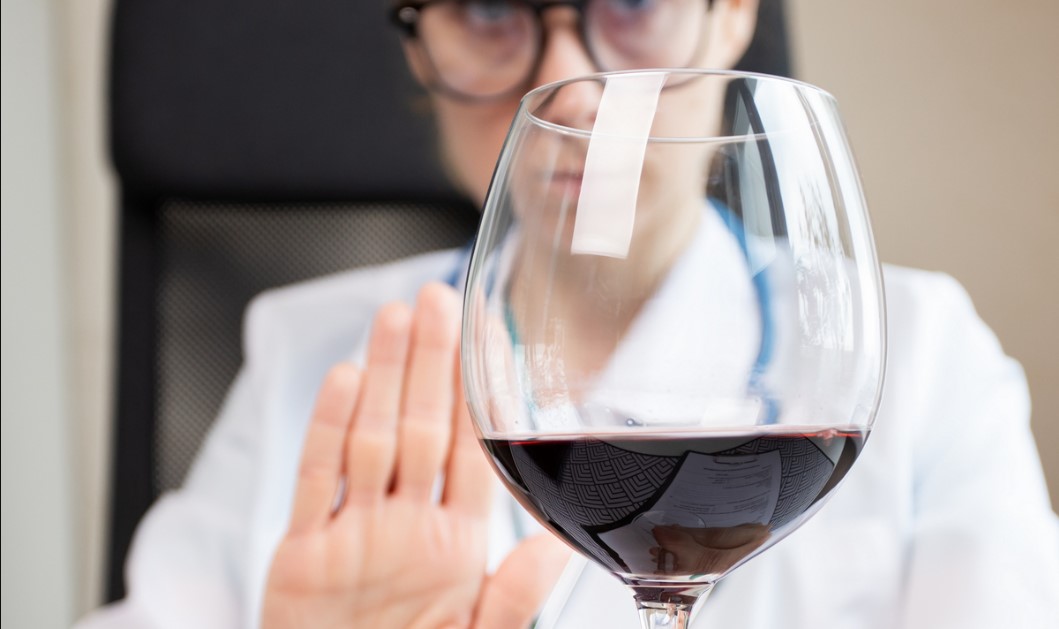Calls for Ukraine
Calls for Europe
Calls for USA

Heavy alcohol consumption is linked to an increased risk of six different types of cancer, according to a new national cancer outlook report.
In 2019, about 1 in 19 cancers has been linked to alcohol use, but more than 50 percent of people don’t know that alcohol can increase the risk of developing certain cancers, said Amy Comander, MD, medical director of the Mass General Cancer Center in Waltham, Massachusetts.
“The information that drinking alcohol can increase the risk of cancer is very important, and we need to communicate it consistently,” Dr. Comander says.
A new report from the American Association for Cancer Research (AACR) lists alcohol use as the third highest controlled risk factor for cancer after smoking and obesity.
Alcohol use increases the risk of six types of cancer:
– Certain head and neck cancers;
– esophageal squamous cell carcinoma;
– breast cancer;
– colorectal cancer;
– liver cancer;
– stomach cancer.
Researchers suggest that alcohol consumption may play a role in rising cancer rates among young adults.
A recent study that analyzed differences among adults born in the U.S. between 1920 and 1999 found that cancer rates increased in successive generations – especially among Generation X and Millennials, for 17 of 34 cancers, including breast, pancreatic and stomach/intestinal. Deaths from several cancers also increased.
“Excessive alcohol consumption is associated with more than 200 different diseases, and these include various types of malignant tumors, liver disease, heart disease, reproductive disorders, kidney disease, brain damage and cognitive impairment, and a number of other diseases,” the researchers said.
So how does alcohol increase the risk of cancer?
According to the researchers, there are several ways in which alcohol can potentially increase the risk of cancer. Alcohol can turn into acetaldehyde in the body, which can damage cells and impair their ability to repair damage. When these cells try to repair the damage, they can make mistakes in the DNA, which can lead to the development of malignant tumors.
Alcohol consumption can also increase oxidative stress, which leads to cell damage and increases the risk of cancer.
“Alcohol may also increase the risk of cancer by affecting the body’s ability to absorb important nutrients our bodies need, including vitamin A, vitamin B complex, folate, vitamin C, vitamin D, vitamin E and carotenoids,” the researchers said.
There is no amount of alcohol that is healthy!
Although for some time some experts believed that light to moderate alcohol consumption (such as a glass of red wine at dinner) was healthy, scientific knowledge has changed.
Health organizations, including the World Health Organization, now believe that no level of alcohol consumption is safe.
Please rate the work of MedTour
